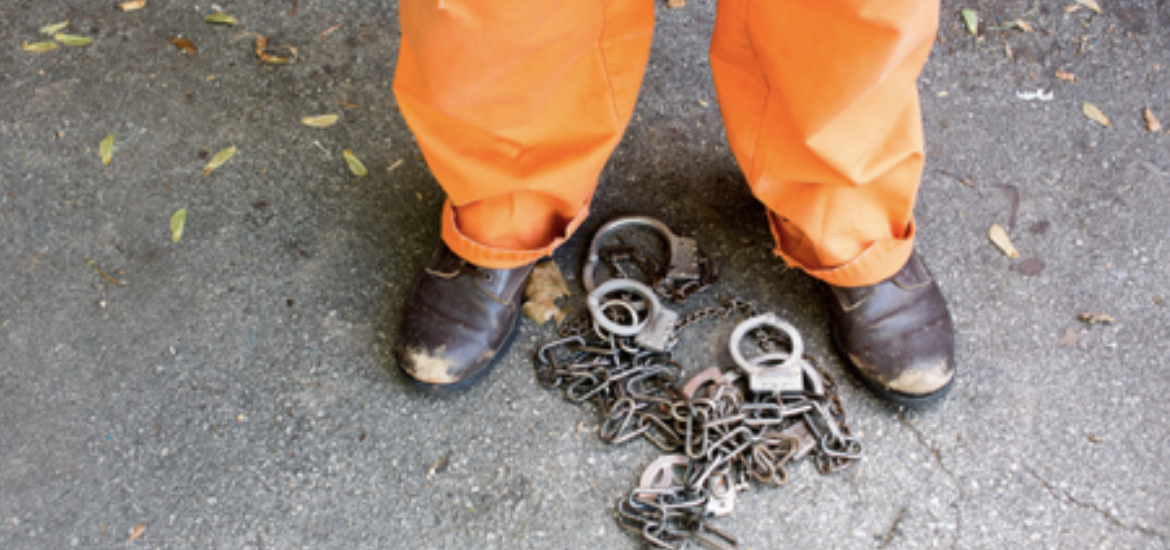
MAPPING THE LINK BETWEEN INCARCERATION & FOOD INSECURITY
An examination of how mass incarceration exacerbates food insecurity in afflicted communities.
Reality Check #ecoWURDFoodLab | Audio
In the ongoing conversation over food insecurity, there’s one overlooked layer: prisons. In a city like Philadelphia, it’s no wonder food insecurity rates – currently at 22 percent of city residents – is nearly double the national official average. Philadelphia County has the 2nd highest rate in the nation of residents in State Prisons at nearly 900 incarcerated individuals per 100,000 residents. Mass incarceration, and the lingering impacts on job opportunities, housing and social mobility, leads to excessive levels of food insecurity in many households, particularly in historically vulnerable Black communities where it’s a matter of life and death. This not only results in risks and dangers for those incarcerated, but for their families and children, as well.
Dr. Robynn Cox, is an assistant professor at the USC Suzanne Dworak-Peck School of Social Work and a faculty affiliate at the USC Edward R. Roybal Institute on Aging and the USC Schaeffer Center for Health Policy and Economics. Her research interests include the fields of crime, health, labor, housing, food insecurity, and social and racial inequality. She is primarily an inequality researcher who is concerned with understanding the social and economic consequences of criminal justice policies in general, and mass incarceration in particular. Specifically, her work focuses on how to successfully transition individuals impacted by mass incarceration policies back into society using a life course approach. Charles Ellison, host of ecoWURD radio on WURD’s Reality Check talked with Dr. Cox during a recent #ecoWURDFoodLab session – made possible by Resolve Philadelphia’s Broke in Philly project.
“My work is focused on how incarceration has impacted households with children, or children who have parents that have been incarcerated,” “The Department of Agriculture has this question which wonders ‘why are some individuals who are poor food insecure and others are not?’ One particular mechanism to consider is incarceration, and particularly parental incarceration. In households that experience parental incarceration, their food insecurity increased substantially. There are multiple mechanisms: once a parent is incarcerated, it removes sources of income. Incarceration is an economic shock to the household. Everything from legal debt to conviction creates economic barriers that lead to food insecurity.”



